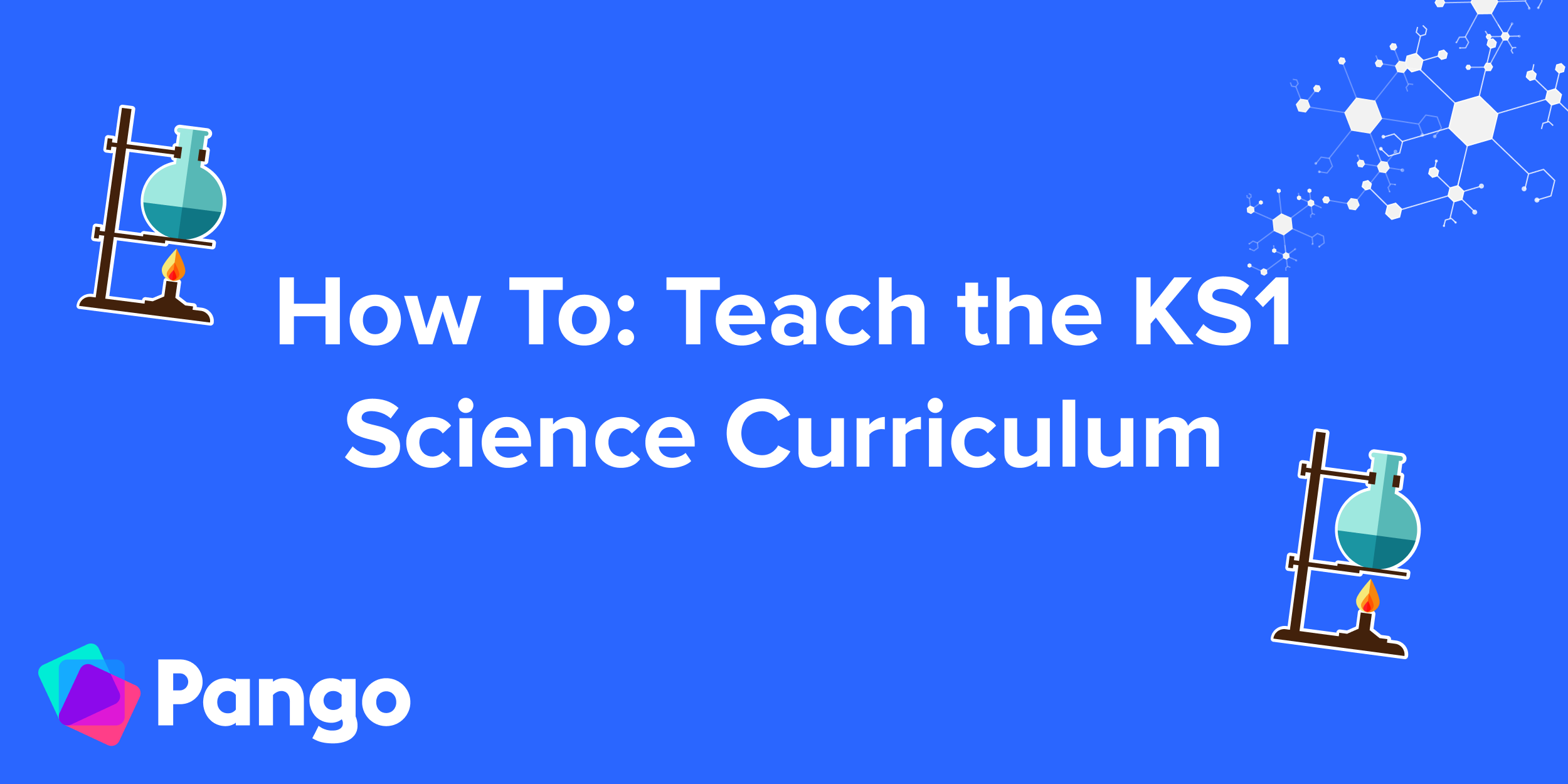How to Teach the KS2 Science Curriculum

Science is an essential subject and one we all spend a lot of time teaching at the primary school level, but that doesn’t often mean that coming up with meaningful lesson plans that align with the KS2 Science Curriculum is easy. To teach lessons to your pupils that resonate and cover the curriculum in its entirety throughout the school year can require significant planning.
So, what do you need to keep in mind when teaching the KS2 Science Curriculum? Here’s an overview of the curriculum, the topics you’ll need to cover, and how to go about teaching these topics to your pupils.
What is the Science National Curriculum and what are its aims?
The Science National Curriculum ensures all children in the UK get essential foundational knowledge in science so they understand the world around them. The aims of the KS2 Science Curriculum are:
- To develop scientific knowledge and conceptual understanding through the disciplines of biology, chemistry, and physics
- To develop an understanding of the nature, processes, and methods of science through different types of scientific enquiries
- To make sure that children are equipped with the scientific knowledge required to understand the uses and implications of science today and for the future
Children at this level should be able to explain natural phenomena, like the weather and simple chemical processes like oxidation and fire.
KS2 Science Curriculum: Overview of Topics & Key Skills
In KS2, children are expected to:
- Learn how to ask relevant questions and use scientific enquiries to answer them
- Set up practical and fair tests
- Make systematic observations, taking measurements where appropriate with a range of equipment, such as thermometers and data loggers
- Gather, classify, record, and present data
- Use their results to make predictions, draw conclusions, and suggest further questions and improvements
- Identify differences and similarities in regard to scientific ideas and processes
The topics covered in the KS2 Science Curriculum include:
Year 3
- Plants (identify parts, requirements for life, how water is transported within plants, the role flowers play)
- Animals and Humans (understanding of main body parts, an introduction to nutrition, identify animals, develop an understanding of muscles and skeletons in humans and most animals)
- Rocks (compare and group rocks, describe how fossils are formed, understand the composition of soil)
- Light (understanding that we need light to see, the danger of looking at the sun, how shadows are formed, understanding patterns in shadow sizes)
- Forces and Magnets (how things move, how forces work at a distance, attract and repel)
Year 4
- Living Things and Their Habitats (classifications and environments)
- Animals and Humans (describe simple digestive functions, types of teeth and functions, food chains)
- States of Matter (solids, liquids, or gases, changing states)
- Sound (how sounds are made, patterns in pitch, volume)
- Electricity (construct a simple electrical circuit, switches, common conductors and insulators)
Year 5
- Living Things and Their Habitats (life cycles of mammals, amphibians, insects, and birds)
- Animals and Humans (changes as humans age)
- Properties and Changes of Materials (compare materials, how you can separate them, changing states, reasons for uses of specific materials, some changes are not reversible)
- Earth and Space (movement of Earth, Sun, and other planets)
- Forces (gravity, resistance, friction, levers, pulleys)
Year 6
- Living Things and Their Habitats (classifications including microorganisms)
- Animals and Humans (identify parts of the human circulatory system and its functions, the impact of diet, exercise, drugs, and lifestyle, how nutrients and water are transported)
- Evolution and Inheritance (evolution, variations, adaptations)
- Light (light travels in straight lines and how that allows us to see, and how it affects shadows)
- Electricity (brightness and voltage, symbols)
How to Teach Science Lessons Aligned to the KS2 Science Curriculum
Here are some of our top tips on teaching science lessons aligned with the KS2 science curriculum:
- Encourage Questions - A passion for science is birthed from curiosity; the desire to know more and understand more. Make sure you encourage children to answer questions. If you want to keep lessons on track and don’t want your pupils to get derailed, create a box where they can post their questions or give them cards they can write on and put in the corner of their desks for the end of the lesson.
- Get Children on Their Feet - There are a lot of topics in KS2 science you can have the class act out. Consider ways you can get your class on their feet and act out the actions taking place. This is a great option if the topic is otherwise difficult to demonstrate with an experiment. For example, get your pupils to act out the differences between states of matter.
- Get Practical - Whenever possible, get practical with an experiment or simply get objects into your pupil’s hands. Sensory experiences can be extremely beneficial even if you’re not doing an in-depth experiment. The feel of two magnets pulling towards each other gives children a whole new understanding over simply watching it happen.
97% of primary teachers at this level aren’t science specialists, so it can be useful to follow a KS2 Science scheme of work to ensure you cover all the topics and don’t find yourself scrambling to decide what to do in your next science lesson. Our content partner PZAZ offers a scheme containing more than 400 practical activities to ensure your students gain confidence and competence in all their key skills.
PZAZ offers complete KS2 Science Curriculum coverage; every lesson includes CPD videos, a lesson plan, PPT, and printable resources. You’ll also receive clear knowledge progression maps so you know exactly where you are and where the lessons will take you and your students. You’ll also find assessments, tracking tools, memory quizzes, and more that will help you bring science to life.
You can explore the scheme for FREE on Pango, allowing you to wave goodbye to science lesson planning.
The KS2 Science Curriculum gives you a lot to cover; while that gives you a lot of variety in your lessons throughout the year and allows you to build on your foundational knowledge from years past, it can also be overwhelming. Using a scheme of work like the one from PZAZ will give you more energy to put into teaching fun lessons, rather than coming up with them in the first place.


